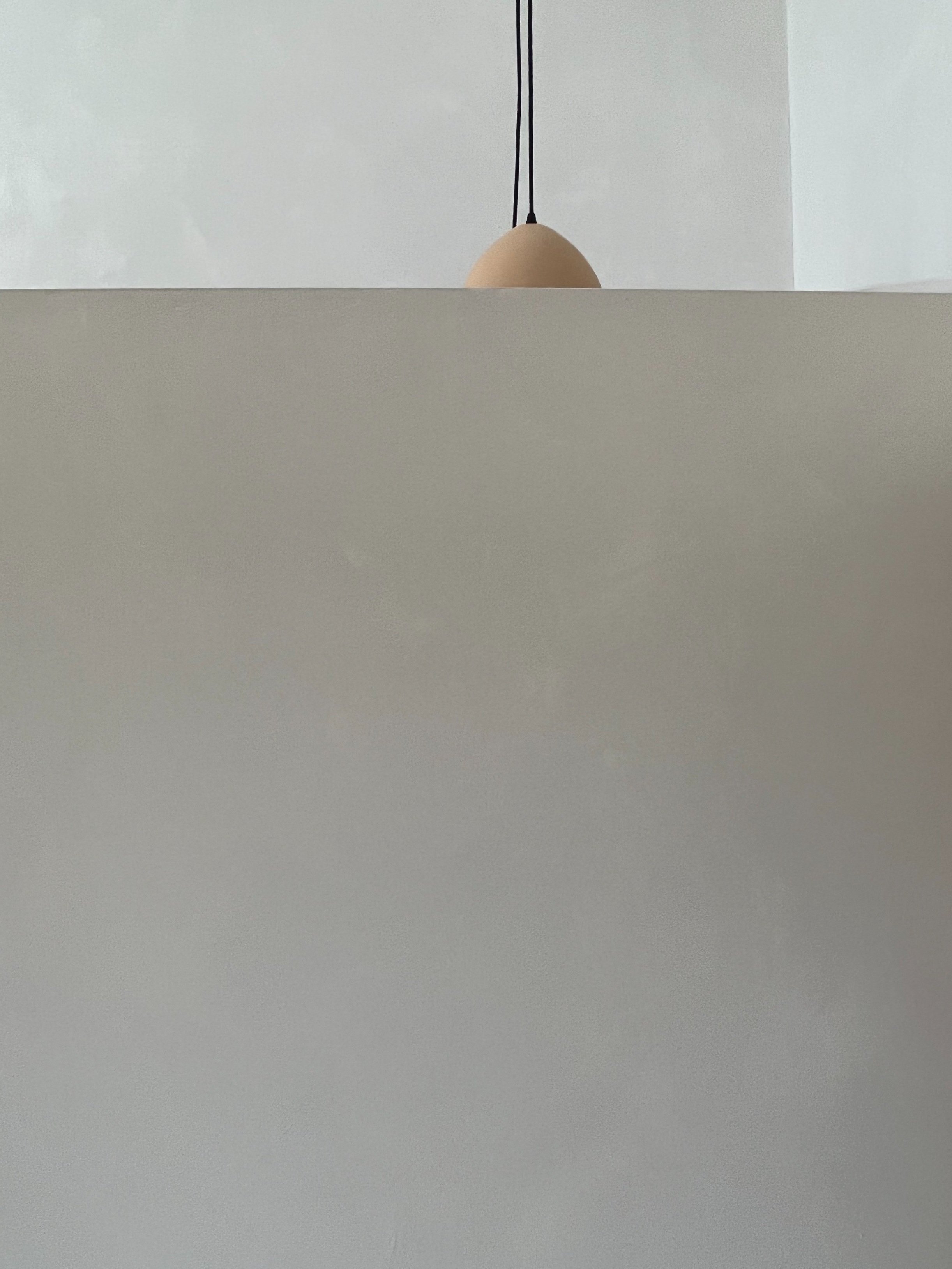Acupuncture
— Acupuncture & oriental medicine —
Chinese medicine is a complex and sophisticated system of medicine that has been in practice for over 3,000 years. Chinese medicine as it is practiced today is based on thousands of years of clinical observation, ancient Chinese medical texts, and modern empirical research. The principles of Chinese medicine are based on the fundamental concept that our physical, spiritual, and emotional body are interconnected by Qi, or energy. This Qi flows through our body in meridians - or channels - and is the basis for health.
Chinese medicine, by nature, is holistic; it focuses on the entirety of a person’s body. Treatments are devised to help bring balance to the body’s energies. Where there is excess, we drain; deficiency, we nourish. Dryness is moistened, dampness is dried, heat is cooled, and cold is warmed. By bringing harmony to the body’s energies, we’re able to coax the individual towards optimal health.
Acupuncture is the use of very thin medical grade stainless steel needles to stimulate specific points along a meridian. This stimulation moves blocked or stagnant energy and puts energy into areas that are lacking, thus bringing balance into the body. In addition to needles, various other methods are used to stimulate acupuncture points including electricy, heat, massage, and suction.
Acupuncture is only one branch of Chinese medicine. Chinese medicine also includes: diet and lifestyle counseling, herbal therapies, physical medicine (such as massage, gua sha, cupping), and therapeutic exercise. Again, it is a holistic medicine that encompasses the entirety of a person’s experiences and physical states.
— What to expect —
The first visit intake will begin with many questions about your general constitution, bodily functions, as well as details about your current symptoms. Diagnosis in Chinese medicine takes place with general observation, pulse taking, and tongue observation. Based on the findings an appropriate treatment plan will be chosen. This may include any of the above interventions.
If you receive an herbal treatment, the most appropriate form will be determined for you with your input. It may be in the form of raw herbs (that you would cook at home), pre-cooked liquid packets, granules (to dissolve into a tea), capsules, tablets, or tea pills (small black pellets).
— is acupuncture safe? —
Acupuncture is generally considered very safe. While it is a medical procedure that punctures the skin and underlying tissues, injuries and side effects are very rare and when they do occur, are usually minor (such as bruising or soreness). It is especially important to go to a licensed acupuncturist as licensure ensures that proper academic/clinical training has been met, and national board exams for safely administering acupuncture and/or Chinese medicine as herbs have been passed. Dr. Christine uses only sterile, one-time-use disposable needles for her treatments.
— Will acupuncture hurt? —
Most people experience little to no pain during an acupuncture treatment. While needling styles may vary, Dr. Christine focuses on needling techniques that are comfortable enough for the patient to fall asleep or rest deeply during the treatment. Depending on the conditions being treated, sensations may vary from heaviness, distention, tingling, or electric-like. Many times these sensations are indications that the Qi in the body has been stimulated and the needles are working.


